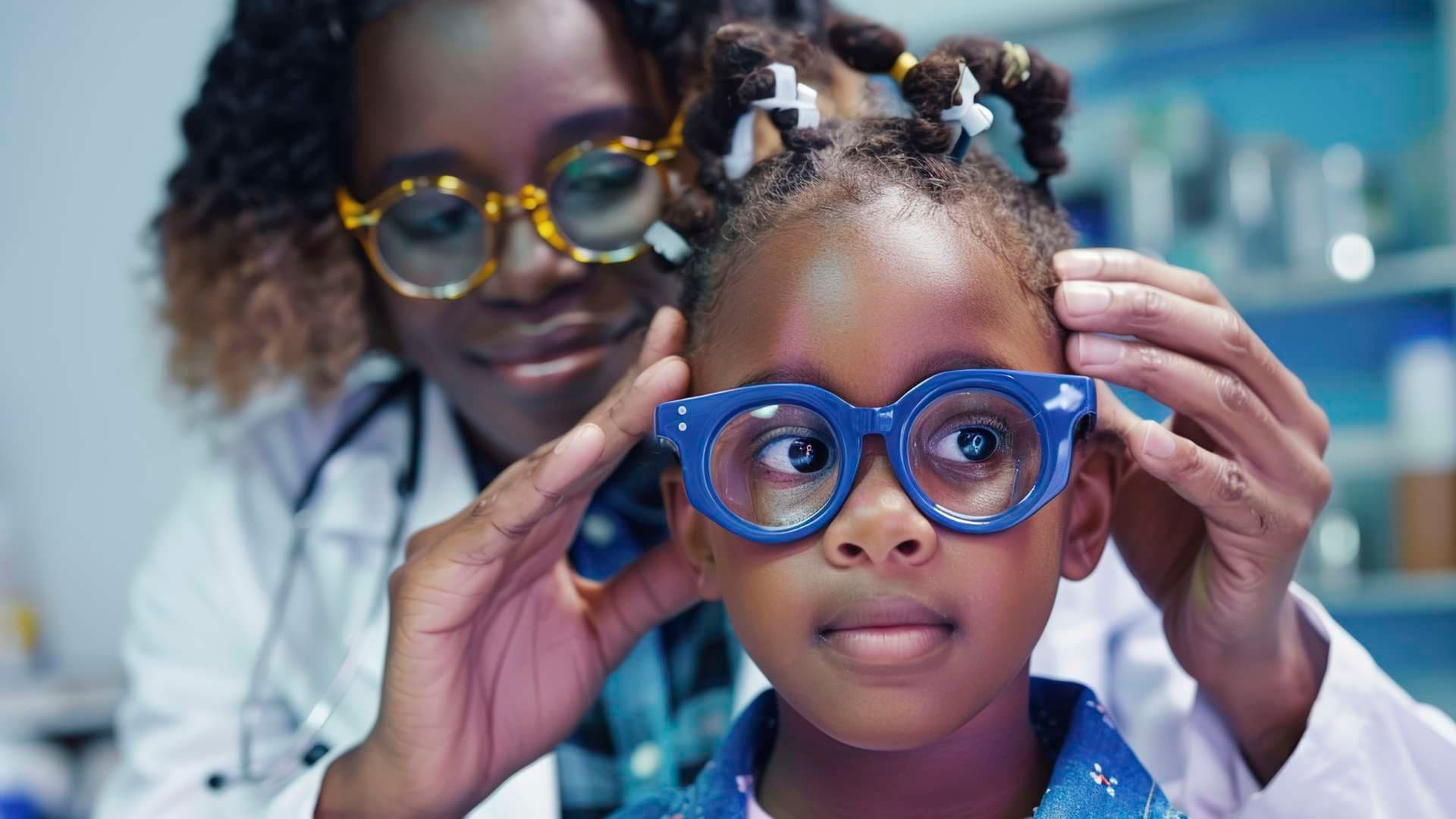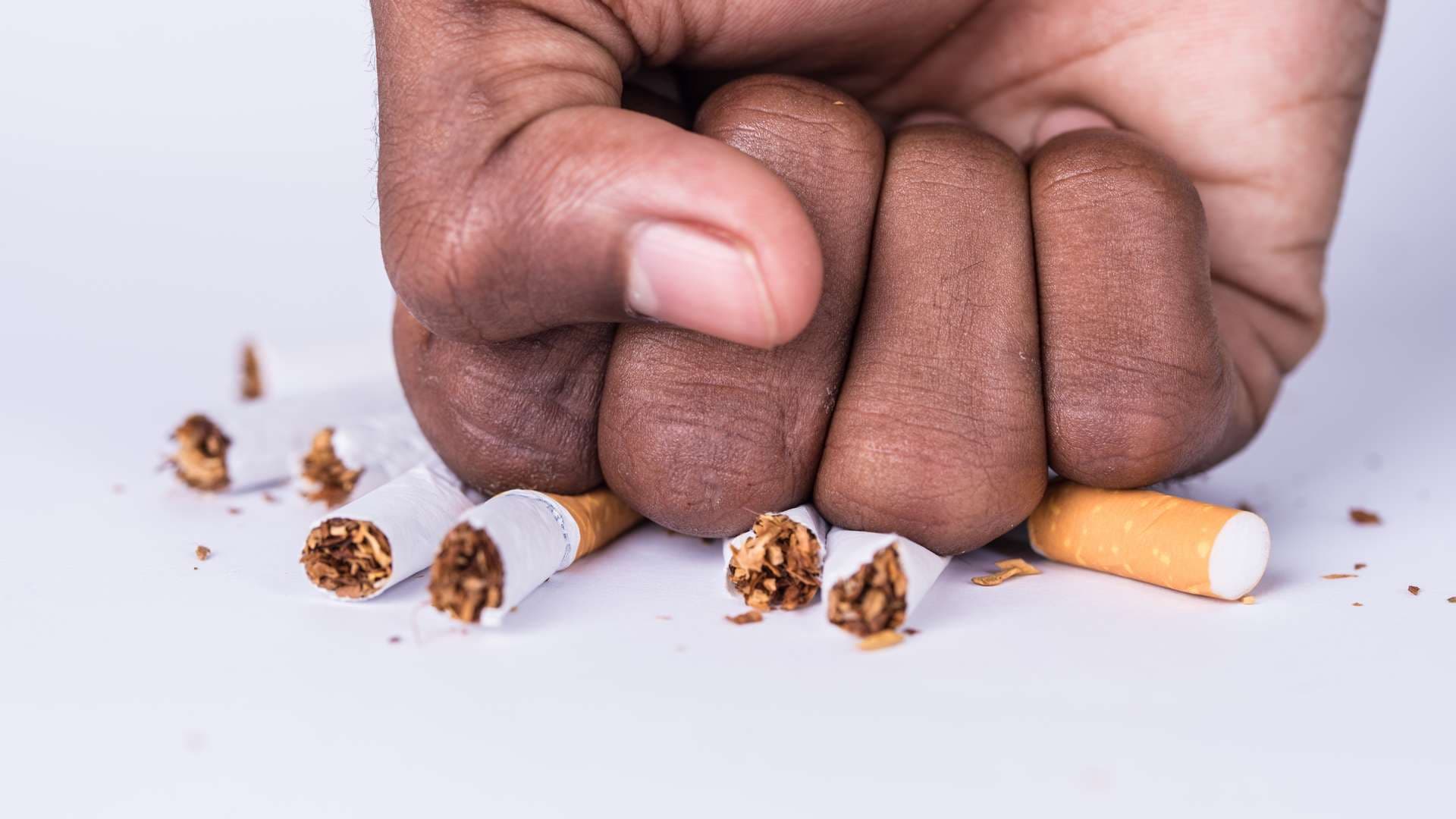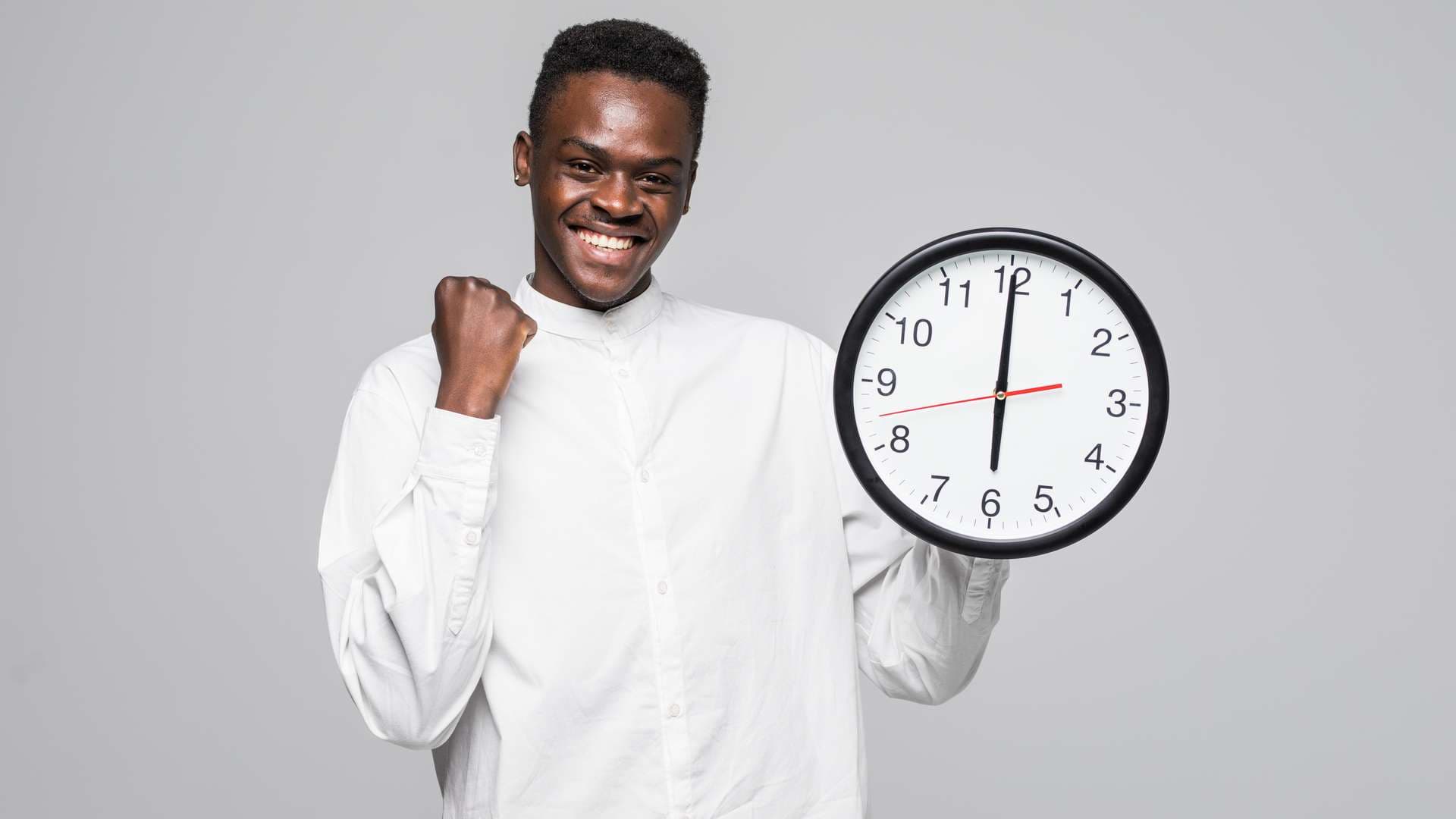Although serious vision problems during childhood are rare, routine eye checks are offered to newborn babies and young children to identify any problems early on.
The sooner any eye problem is found, the sooner you and your child will be able to get any treatment and support needed.
When will my child's eyes be checked?
- Within 72 hours of birth- checked for any obvious physical problems as part of the newborn physical examination.
- Between 6 and 8 weeks old- follow-up physical examination to check for any obvious problems that were not picked up soon after birth.
- Around 1 year, or between 2 and 2-and-a-half years- Eye tests can be arranged if necessary.
- Around 4 or 5 years old- Your child's eyes may be examined soon after they start school
Babies and children eye problems that can be detected during eye tests, include:
- childhood cataracts – cloudy patches in the lens of the eye that are present from birth
- lazy eye (amblyopia) – where the vision in one eye does not develop properly
- short-sightedness (myopia) – where distant objects appear blurred, while close objects can be seen clearly
- long-sightedness (hyperopia) – where you can see distant objects clearly but nearby objects are out of focus
- colour vision deficiency (colour blindness) – difficulty seeing colours or distinguishing between different colours; this is more common in boys than girls
- squint (strabismus) – where the eyes look in different directions
In older children, signs of a possible eye problem can include:
- the eyes not pointing in the same direction
- complaining of headaches or eye strain
- problems reading – for example, they may need to hold books close to their face and they may lose their place regularly
- problems with hand-eye co-ordination – for example, they may struggle to play ball games
- being unusually clumsy
- regularly rubbing their eyes
- sitting too close to the TV
Speak to a GP or go to an optician if you have any concerns about your child's eyes or vision. The earlier a problem is picked up the better.
Children can have an eyesight test at any age. They do not need to be able to read, or even speak. An eyesight test is particularly important if there's a history of childhood eye problems, such as squint or lazy eye, in your family.
https://www.nhs.uk/tests-and-treatments/eye-tests-in-children/



